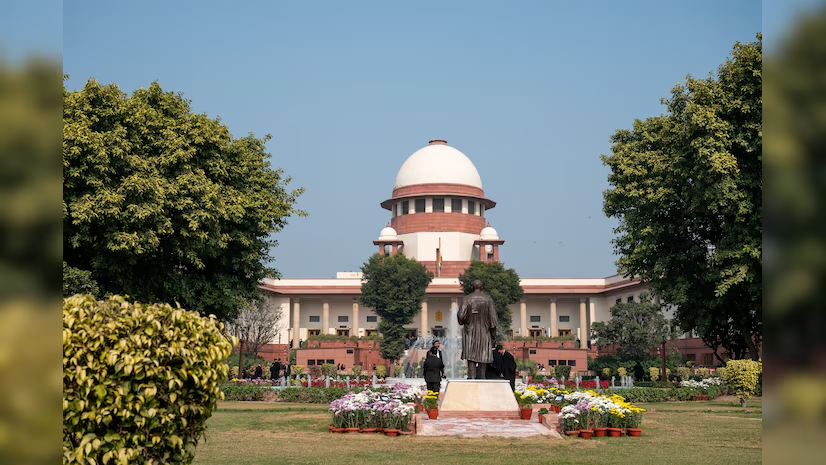- Courses
- GS Full Course 1 Year
- GS Full Course 2 Year
- GS Full Course 3 Year
- GS Full Course Till Selection
- Online Program
- GS Recorded Course
- NCERT (Recorded 500+ Hours)
- Polity Recorded Course
- Geography Recorded Course
- Economy Recorded Course
- AMAC Recorded Course
- Modern India, Post Independence & World History
- Environment Recoded Course
- Governance Recoded Course
- Science & Tech. Recoded Course
- International Relations and Internal Security Recorded Course
- Disaster Management Module Course
- Ethics Recoded Course
- Essay Recoded Course
- Current Affairs Recoded Course
- CSAT
- 5 LAYERED ARJUNA Mentorship
- Public Administration Optional
- ABOUT US
- OUR TOPPERS
- TEST SERIES
- FREE STUDY MATERIAL
- VIDEOS
- CONTACT US
Share of Gold in India’s Forex Reserves
Share of Gold in India’s Forex Reserves
06-05-2025

- The Reserve Bank of India (RBI) has increased its share of gold in the foreign exchange reserves to 11.70%, which is equivalent to 879.59 metric tonnes.
- India’s gross foreign exchange reserves consist of:
- Foreign currency assets held by the RBI
- Gold held by the RBI
- Special Drawing Rights (SDRs)
- Reserve Position in the International Monetary Fund (IMF)
- Some countries do not consider the Reserve Position in the IMF as part of their foreign exchange reserves, as it may not be available on immediate demand.
Why are Central Banks Hoarding Gold?
- Diversification Away from the US Dollar: Central banks are reducing their dependence on the US Dollar to minimize the risks of dollar devaluation.
- Hedging Against Inflation: Gold is seen as a safe asset to protect against rising global inflation and the decreasing purchasing power of currencies.
- Geopolitical Risks: With ongoing tensions between countries like the US, China, and Russia, gold offers better security compared to fiat currencies or government bonds.
- Note: Fiat currency refers to money issued by governments but not backed by a physical commodity like gold or silver.
Risks Associated with Storing Gold
- Reduced Liquidity and Flexibility: Converting large gold reserves into cash takes more time and is costlier compared to liquidating foreign currency assets.
- Zero Yield: Unlike bonds or currency deposits, gold does not generate any interest or dividends.
- Storage and Security Costs: Physical gold requires secure storage, which adds to costs for insurance, transportation, and vaults (e.g., Bank of England).



